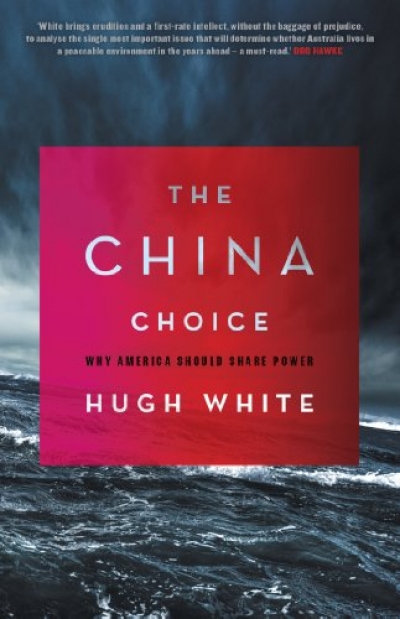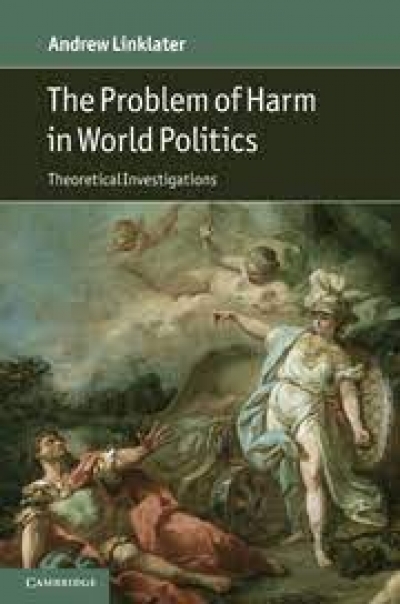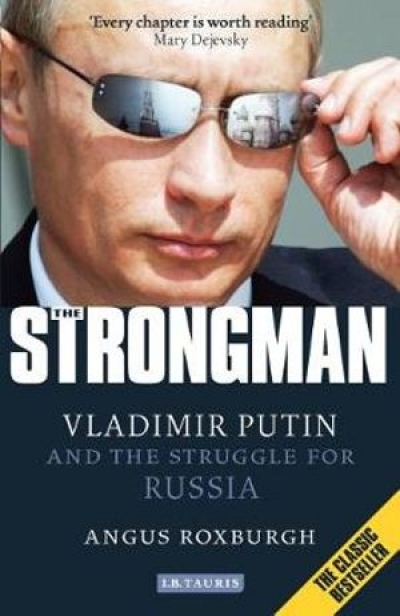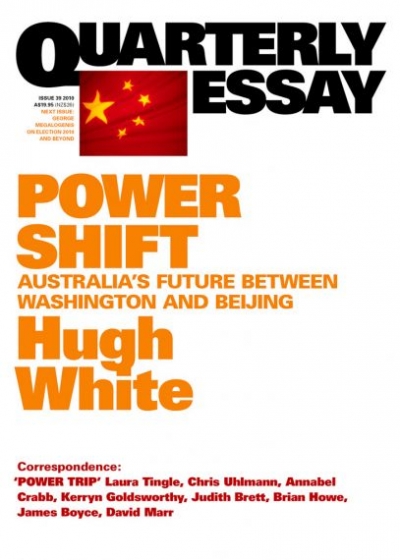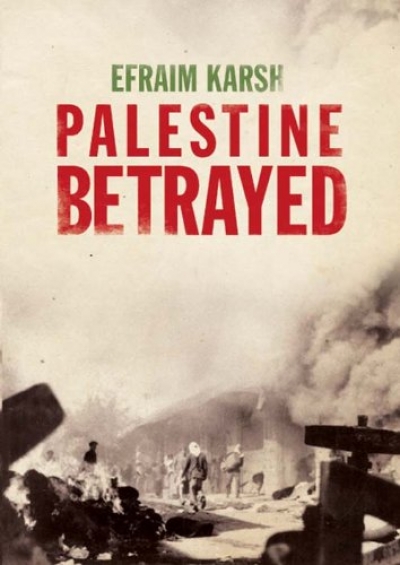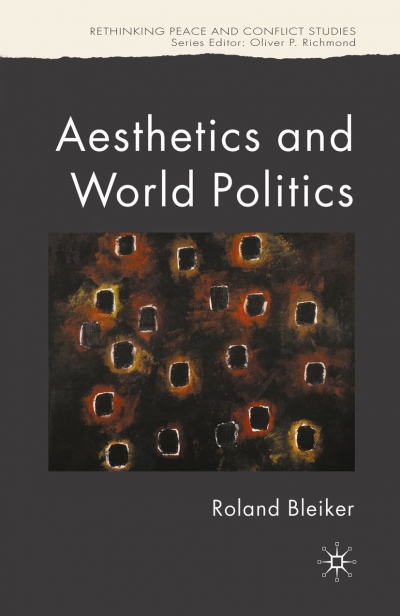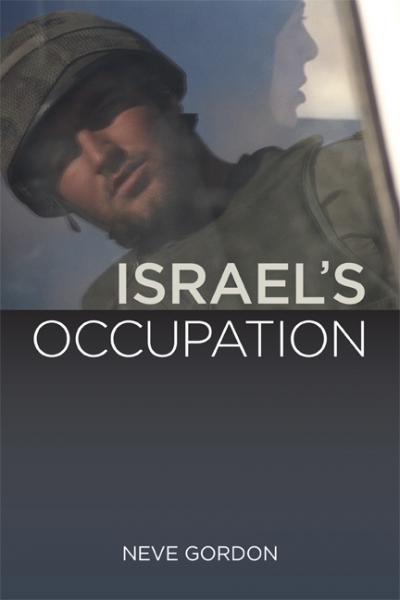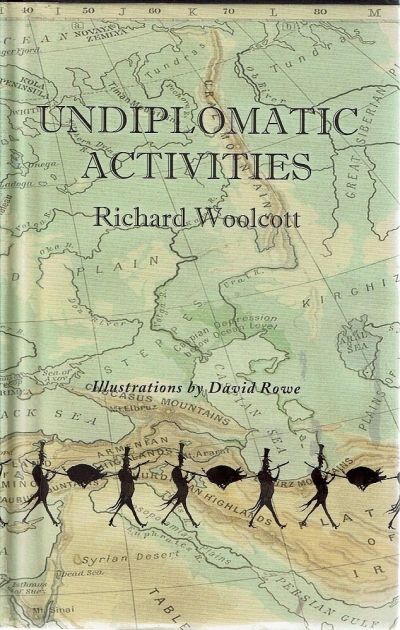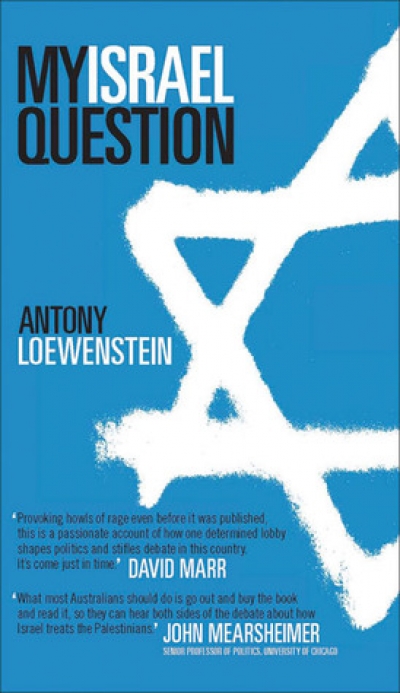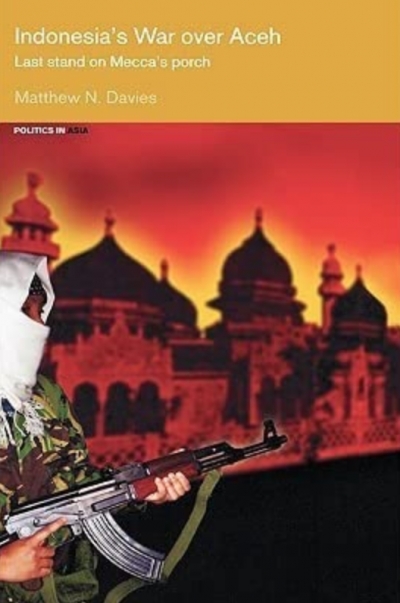International Studies
The China Choice: Why America Should Share Power by Hugh White
by Nick Bisley •
The Problem of Harm in World Politics: Theoretical Investigation by Andrew Linklater
by NAJ Taylor •
The Strongman: Vladimir Putin and the struggle for Russia by Angus Roxburgh
by Geoff Winestock •
Power Shift: Australia’s Future between Washington and Beijing (Quarterly Essay 39) by Hugh White
by Alison Broinowski •
Palestine Betrayed by Efraim Karsh & Gaza edited by Raimond Gaita
by Peter Rodgers •
Undiplomatic Activities by Richard Wollcott, illustrations by David Rowe
by Joan Grant •
Indonesia’s War Over Aceh: Last stand on Mecca’s porch by Matthew Davies
by Damien Kingsbury •

